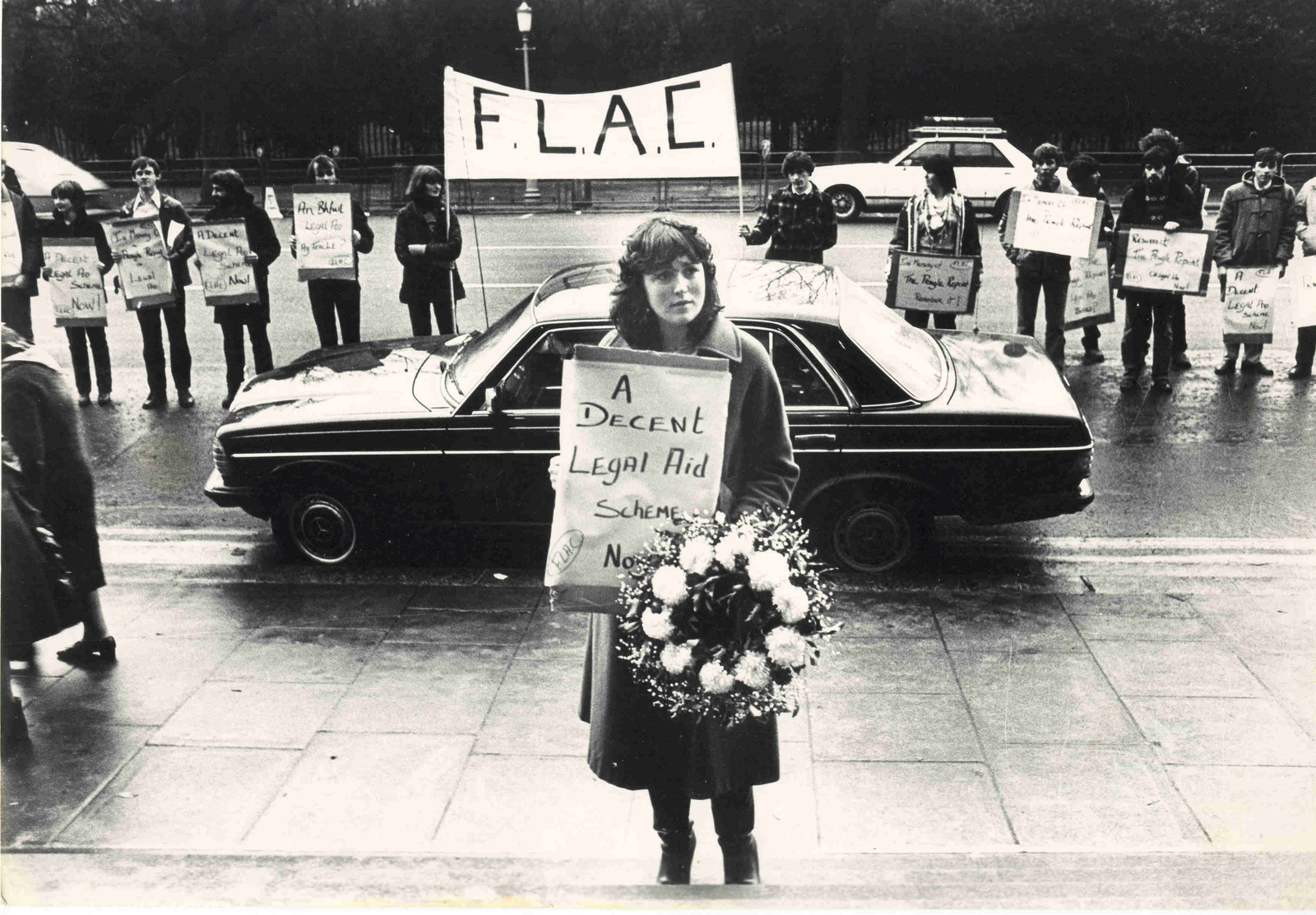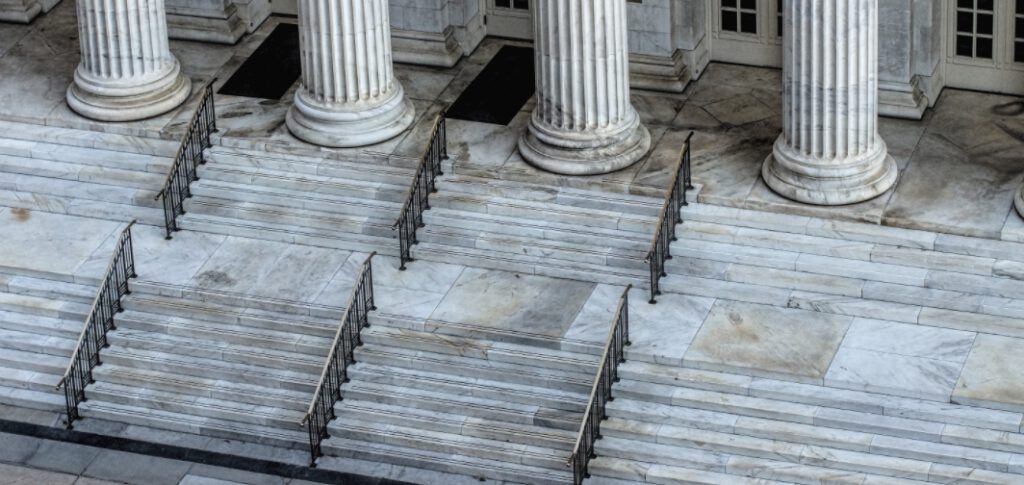FLAC is committed to promoting access to justice in Ireland through the state provision of an effective, accessible and sustainable system of civil legal aid. To this end, FLAC provides information on the state civil legal aid system and monitors its effectiveness and accessibility for people who need help accessing justice, holding the State to account on its responsibilities in this area.
FLAC continually campaigns to make the civil legal aid system in Ireland fairer and more accessible. We engage with the Legal Aid Board to promote a better and more efficient system.
We seek to vindicate the right to civil legal aid through strategic casework, the organisation of seminars for social justice organisations, training volunteers and other lawyers about the right to legal aid, and the use of data from FLAC’s legal information and advice services. We also strive to raise awareness of rights and entitlements to civil legal aid.
For decades, FLAC has highlighted issues related to delays in accessing legal aid and advice, lack of transparency in the appeals system and the waiver scheme.


